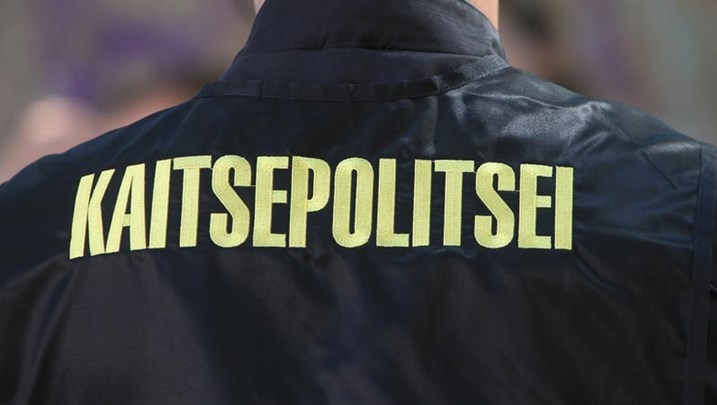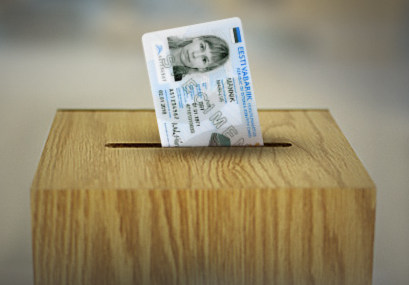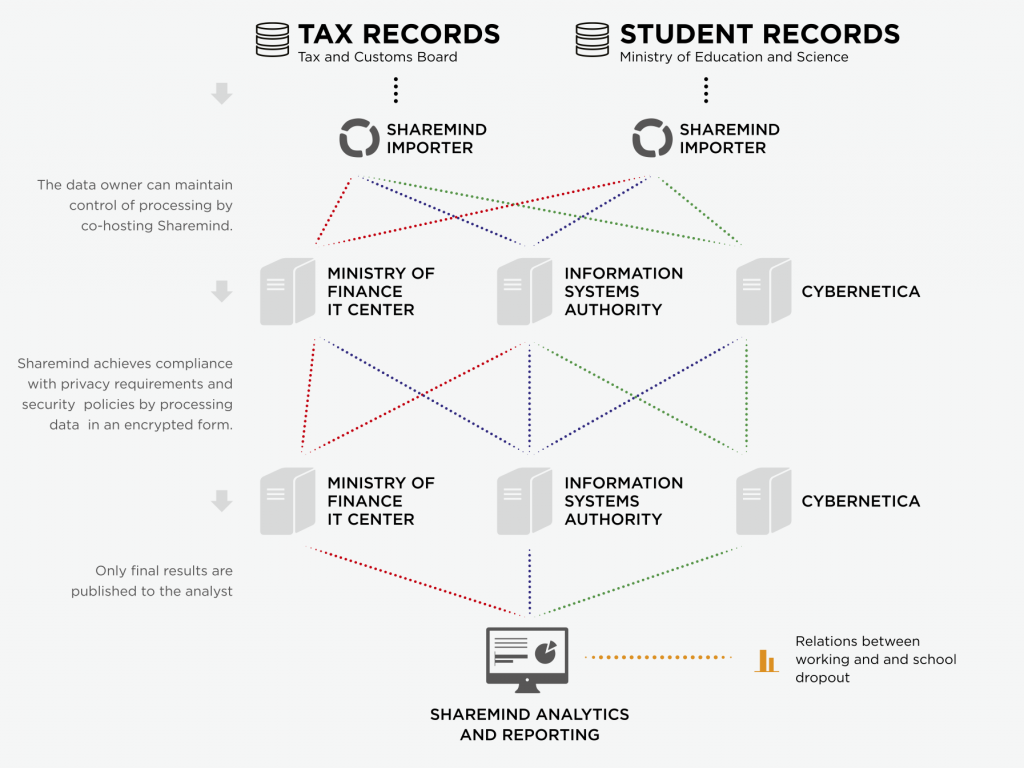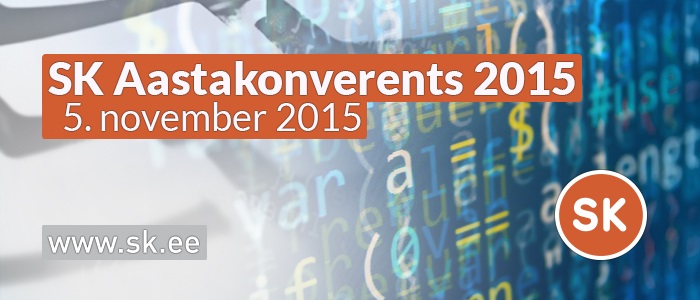
At the Poltsamaa Gymnasium school in central Estonia, 17 boys and one girl signed up to study cyber defence and IT safety basics as well as cryptology, mechatronics and 3D modelling. One educator says the courses are an investment in the students’ futures’.
Tiia Mikson, Deputy Headteacher of Poltsamaa Gymnasium: “It is known that Estonia is an ‘e-country’ and there are lots of electronic systems that are in everyday use, but also used by the government and in school. People who can manage, protect and deal with them are needed.”
Artam Kivisild, cyber defence class student: “It is very important right now and it will continue to grow more important. Because society is increasingly based on technology and the Internet.”
In class the students learn drone construction, how to use a 3D printer and internet security basics – all meant to educate a generation more aware of cyber risks in a world ever-more dependent on technology. The education programme was introduced in cooperation with NATO and the Estonian government. After graduating from the class, students receive a certificate from the country’s paramilitary organisation, Defence League. That document is meant to help them in applying for university studies in cyber defence.
Links:
http://uatoday.tv/politics/estonia-549267.html
http://opleht.ee/26512-poltsamaa-uhis%C2%ADgumnaasium-hakkab-kuberkaitset-opetama/








